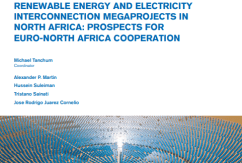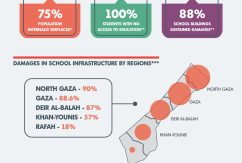Neighbourhood Civil Society Facility
Brief Description
Strengthening and promoting the role of civil society actors in reforms and democratic changes taking place in the Neighbourhood countries, through increased participation in the fulfillment of European Neighbourhood Policy objectives.
Countries covered: Algeria, Egypt, Israel, Jordan, Lebanon, Libya, Morocco, Occupied Palestinian Territory, Syria, Tunisia (South), Armenia, Azerbaijan, Belarus, Georgia, Moldova, Ukraine (East)
Objectives
The Facility aims to strengthen civil society actors in partner countries and contribute to promoting an enabling environment for their work. It will seek to promote their involvement in policy dialogue and increase interaction between them and the authorities.
It will also seek to increase civil society actors’ involvement in programming, implementation and monitoring of EU assistance and policies in the region.
What Does It Do
The Facility will financially support (through local and ENPI region-wide calls for proposals) projects led by civil society which are relevant in the context of the Neighbourhood Policy and responding to its two regional dimensions, the Eastern Partnership and the Partnership for Democracy and Shared Prosperity for the South. It will also strengthen the capacities of civil society actors in the region to enhance their role in promoting reform and increasing public accountability in their countries. Last but not least, it will seek to increase civil society involvement in sector policy dialogues and implementation of EU cooperation in relevant fields.
Actions in brief
- Identifies and analyses civil society actors’ needs and capacities in the region, as well as the way in which these actors can contribute to specific sector policy dialogues;
- Supports capacity-building activities (trainings, seminars, workshops, exchange of good practices, ad-hoc support, etc.) for civil society actors, so as to enhance their capacities and their role in promoting reform and increasing public accountability in ENP policy areas;
- Supports the organisation of multi-stakeholder consultations at national and regional level involving civil society actors, national authorities and EU Delegations so as to facilitate their participation in sector policy dialogues between the EU and partner countries and in implementation of relevant bilateral projects and programmes;
- Supports civil society actors-led monitoring and advocacy activities regarding fulfilment of ENP commitments, at regional, sub-regional or national level, as well as the activities of platforms and networks of civil society organisations;
- Seeks to strengthen the role of civil society actors in the policy-making process, and to promote a more favourable attitude of governments and local authorities towards them, through participatory approaches and consultations.






























